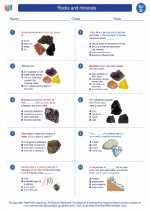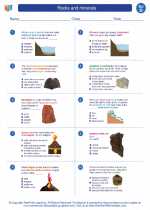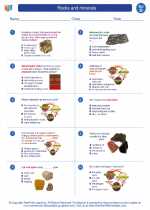Deciduous Forest
A deciduous forest is a type of biome characterized by trees that shed their leaves annually. These forests are found in areas with four distinct seasons, including a warm summer and a cold winter. Deciduous forests are located in many parts of the world, including eastern North America, Europe, and parts of Asia. They are home to a diverse range of plant and animal species, and they play a crucial role in the global ecosystem.
Climate
Deciduous forests experience a range of temperatures throughout the year. Summers are typically warm, with temperatures reaching as high as 86°F (30°C). Winters are cold, with temperatures dropping below freezing and occasional snowfall. The average annual precipitation in deciduous forests ranges from 30 to 60 inches (75 to 150 cm).
Flora
The dominant tree species in deciduous forests include oak, maple, beech, and birch trees. These trees shed their leaves in the fall and grow new ones in the spring. Other plant species in the understory of the forest include ferns, wildflowers, and mosses. The diverse plant life in deciduous forests provides habitat and food sources for a variety of animal species.
Fauna
Deciduous forests are home to a wide range of animal species, including mammals, birds, reptiles, and amphibians. Some common animals found in deciduous forests include white-tailed deer, black bears, gray squirrels, red foxes, and a variety of bird species such as woodpeckers, owls, and warblers. The forest floor provides habitat for small mammals, insects, and other invertebrates.
Ecological Importance
Deciduous forests play a crucial role in the global ecosystem. They help regulate the Earth's climate, absorb carbon dioxide from the atmosphere, and provide habitat for a diverse array of plant and animal species. They also contribute to soil formation and nutrient cycling, making them essential for the health of the planet.
Study Guide
.◂Science Worksheets and Study Guides Fourth Grade. Rocks and minerals

 Activity Lesson
Activity Lesson
 Worksheet/Answer key
Worksheet/Answer key
 Worksheet/Answer key
Worksheet/Answer key
 Worksheet/Answer key
Worksheet/Answer key
 Worksheet/Answer key
Worksheet/Answer key
 Vocabulary/Answer key
Vocabulary/Answer key
 Vocabulary/Answer key
Vocabulary/Answer key
 Vocabulary/Answer key
Vocabulary/Answer key
 Vocabulary/Answer key
Vocabulary/Answer key
